Discover Me
The admitted students have received some "homework" from Queen's university. This needs to be completed before the school session starts on May 02.We have an accounting assignment and a excel/business decision model CD that needs to be worked upon.(I haven't even opened the book yet !).
Besides this, the Business Career Centre (BCC) has asked us to do some activities.
This is a very interesting exercise.Reminds me of those days when I used to sit,introspect and write my B school essays.
The first activity was to take Myers Briggs - MBTI test.The MBA students would be put into different teams,and I guess,the results of this test will serve as valuable input for that.
The other test that I gave was was the HBDI™ Thinking Styles Assessment.We have also been asked to work on resume building exercise and get some feedback on it. (This I feel is a tough job!)
Last night, I gave the Career Leader test. Developed by Drs. Timothy Butler (Director of Career Development Programs at the Harvard Business School) and James Waldroop of Peregrine Partners,CareerLeader is an integrated approach to business career self-assessment.The test is used by over 260 top business schools and corporations worldwide to help guide their students' and employees' careers.
I gave the test and it was great to see some convincing results. A few of the things did surprise me.I agree to most of the conclusions.It was a good exercise to do- Itz a nice feeling when you realize that you answer a few questions and the tool displays your interests,abilities and motivators.
At first look, here are some discoveries/results from the
What are my career interests?
You have a notable interest in one core element of business work:
•Influence Through Language and Ideas
You're extremely interested in Influence through Language and Ideas, one of the core activities business work. You enjoy writing and talking to people -- with the specific goal of gaining their agreement on a particular topic.You'll probably enjoy work that gives you opportunities to: persuade someone to buy something, to support an initiative, or to contribute resources to a project.
You may have a preference for:
•Using oral versus written communication
•Talking to people individually or making presentations to large groups
•Engaging in short-term, quick interactions versus building long-term relationships.
But regardless of these preferences, you enjoy bringing people around to your point of view.You can express this interest through virtually any business career path. But clearly sales is a natural fit. Deal-oriented financial-services positions may also appeal strongly to you (if you also have an interest and some skill in Quantitative Analysis).
What are my strengths/abilities?
You have a number of strengths, including:
•Creativity (the capacity to generate new ideas and approaches to issues and recognize new opportunities)
•Persistence (having the tenacity to stay with a project until it is fully completed)
•Strategic Thinking (able to grasp the big picture; work with a vision of the whole project and the long term)
•Teamwork (the ability to be team player, cooperate with others, and work well as part of a group)
What motivates me?
You place a very high value on these rewards:
•Altruism (the position offers the satisfaction of regularly helping others with their individual or business concerns)
•Intellectual Challenge (the position offers consistent intellectual challenge)
•Variety (the position offers a great deal of variety in the nature of the work performed)
What are the other motivators?
•Autonomy (the position offers considerable autonomy and independence)
•Lifestyle (the position allows ample time to pursue other important aspects of my lifestyle -- family, leisure activities, etc.)
•Positioning (the position offers experience and access to people and opportunities that will position me well for my next career move)
What do I need to be alert for?
Because you tend to have a strong, dominant personality, you may experience difficulty listening to other people and really hearing their ideas, concerns, or objections. At times, you may come on too strong, and be unable to take a back seat during a discussion or project and mesh with other members of a team. Without intending to, you may intimidate people who are less forceful than you are.
Habitually taking up too much "air time" can pose a danger in class discussions (if you're in school or in a workplace training seminar). This tendency can also hurt you during negotiations and on-the-job meetings. Be careful that you don't get a reputation for "sucking up all the oxygen in the room." And remember that sometimes the best thing to say, especially during a negotiation, is nothing.
Being excessively assertive can also pose problems in job interviews, where most interviewers want to lead the conversational "dance." If your interviewer is a bit shy or more introverted than you, you may feel even more tempted to dominate the discussion to an inappropriate degree. As you would with any personal asset, make sure you don't let these strengths become your undoing
What are my most Promising Career Paths?
Very High
Management of New Product Development
Advertising Account Management
Marketing and Marketing Management
Training and Organizational Development
High Match:
Entrepreneurship
General Management
Public Relations and Communications
Management Consulting
Strategic Planning and Business Development

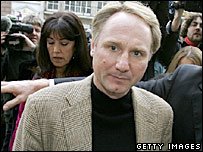


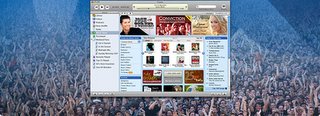
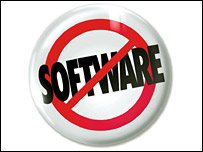

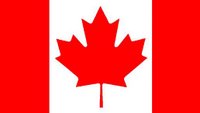




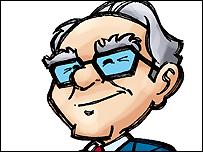
 alt="Click here to join queensmba">
alt="Click here to join queensmba">



